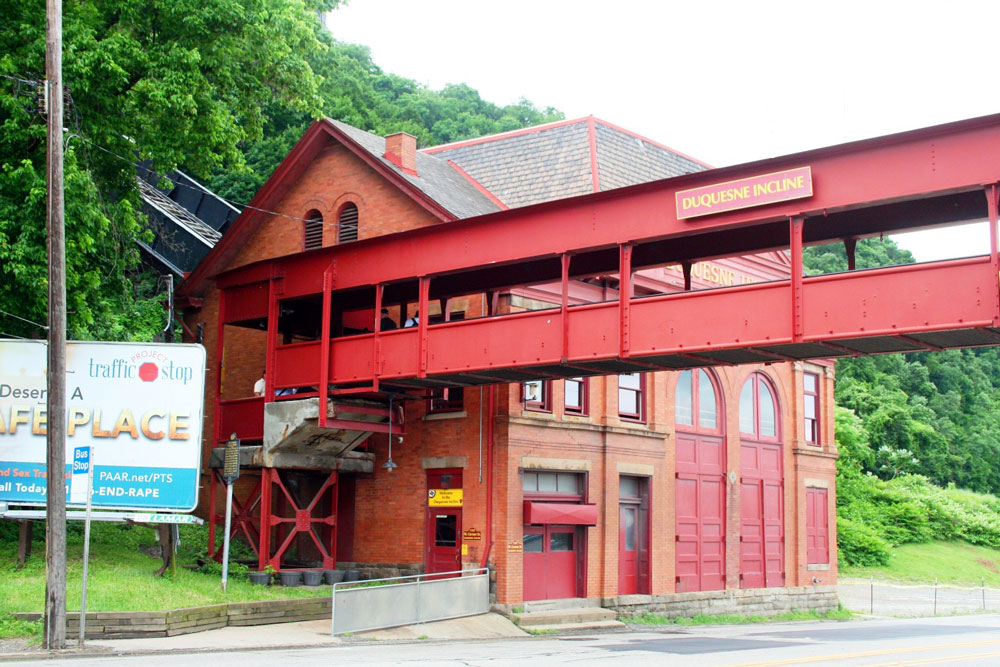
Base Station
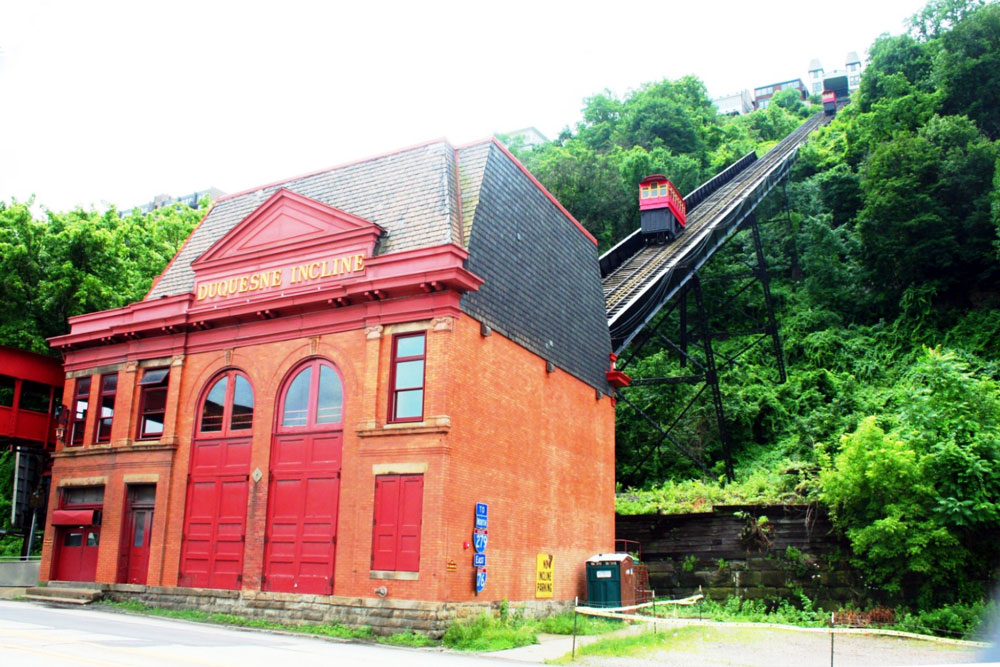
Base Station
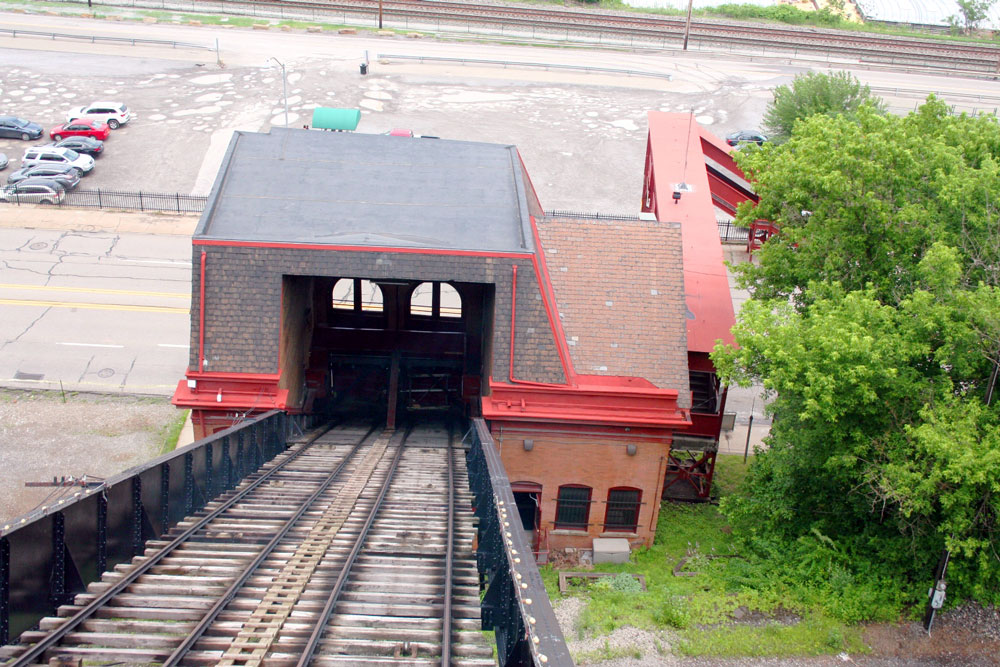
Base Station
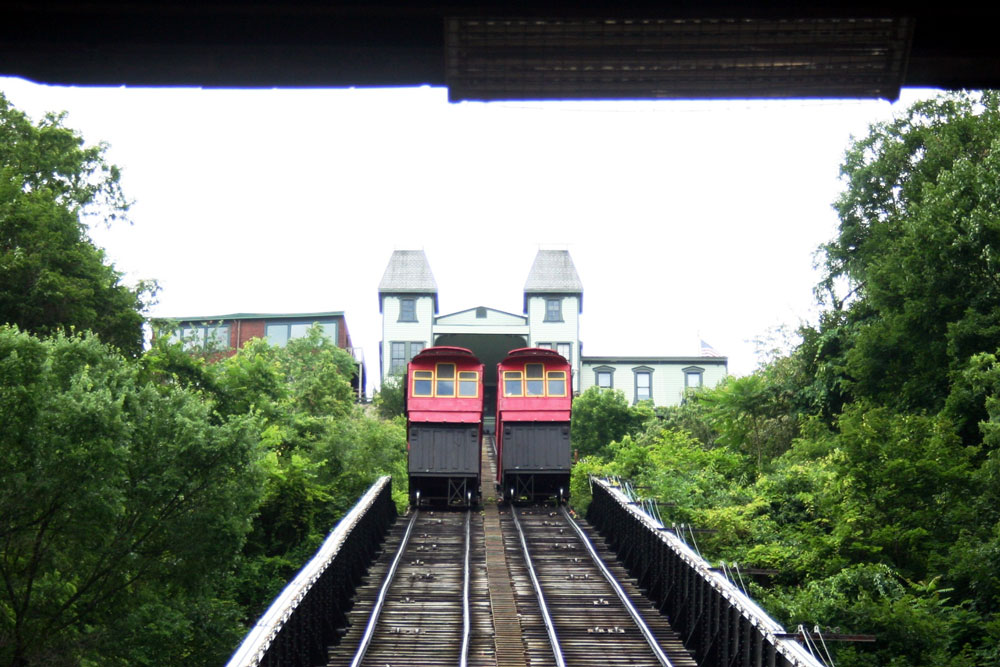
Cars Pass
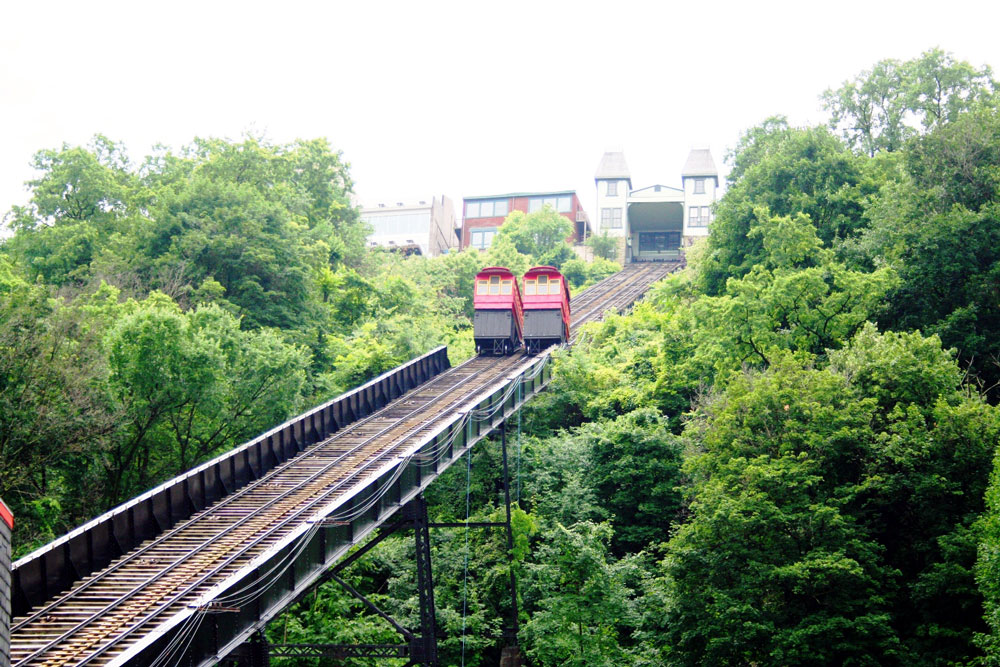 Cars Pass |
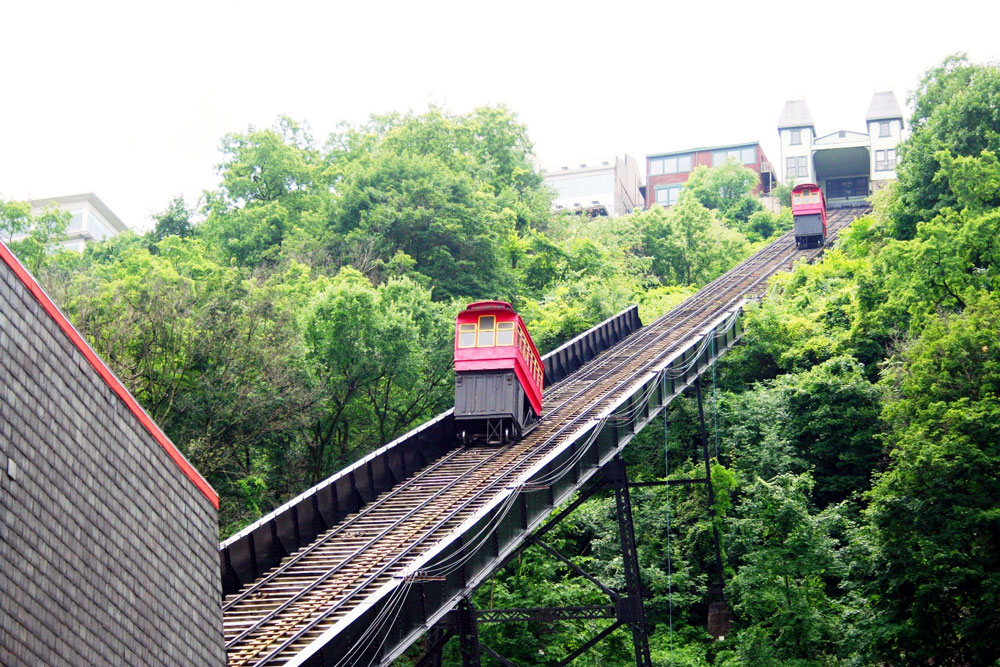 Two Cars |
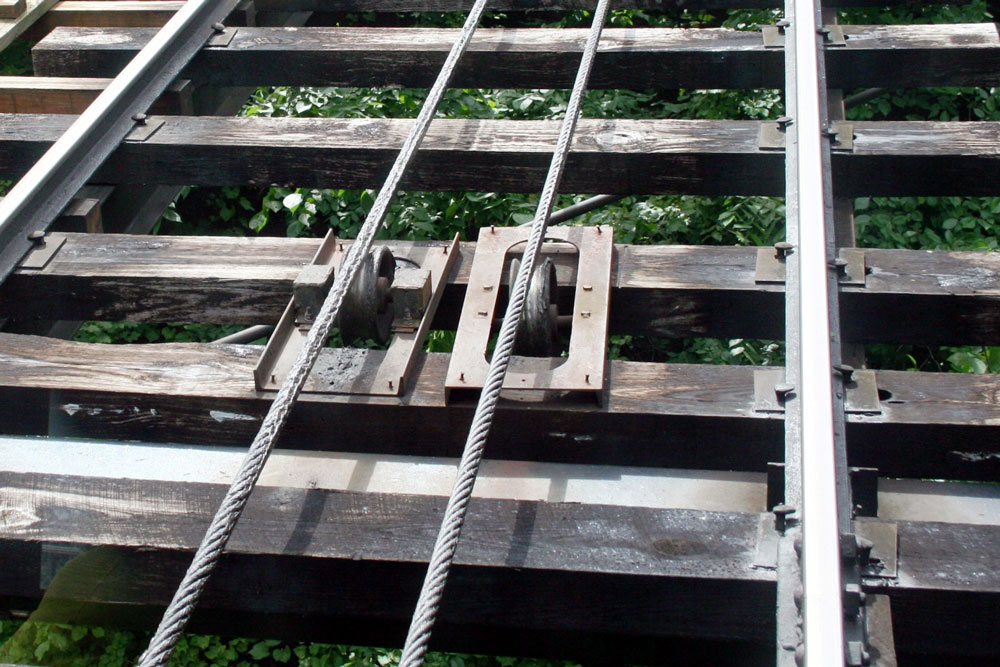 Cables |
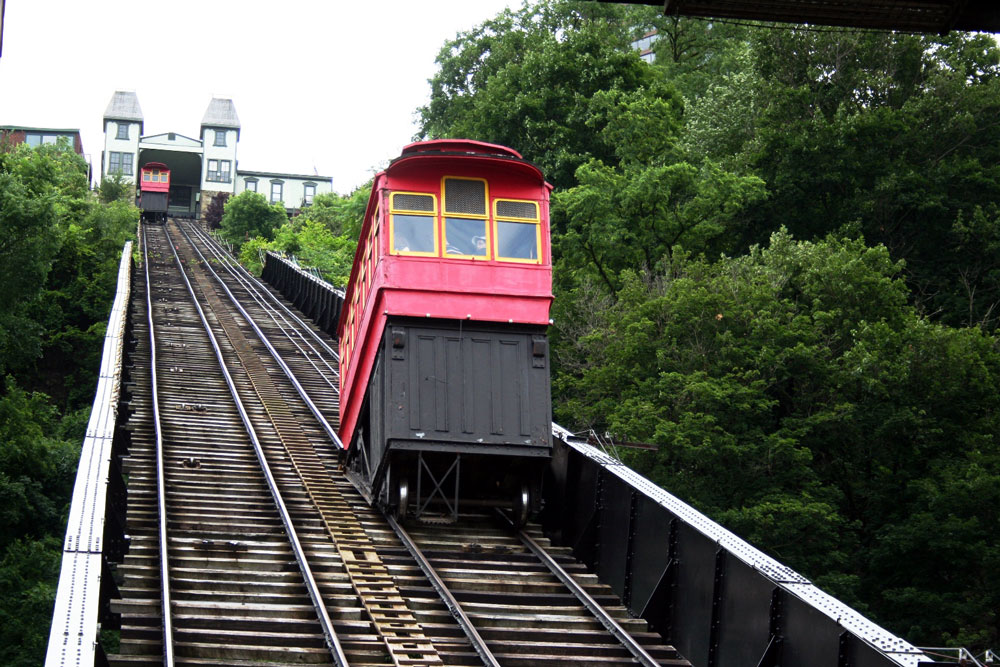 South Car |
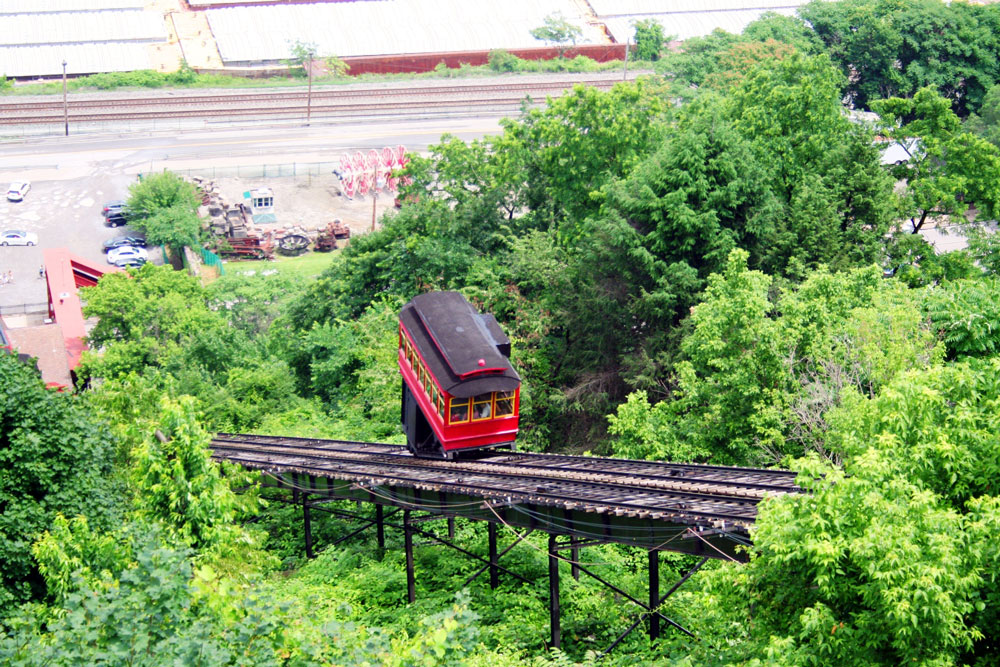 North Car |
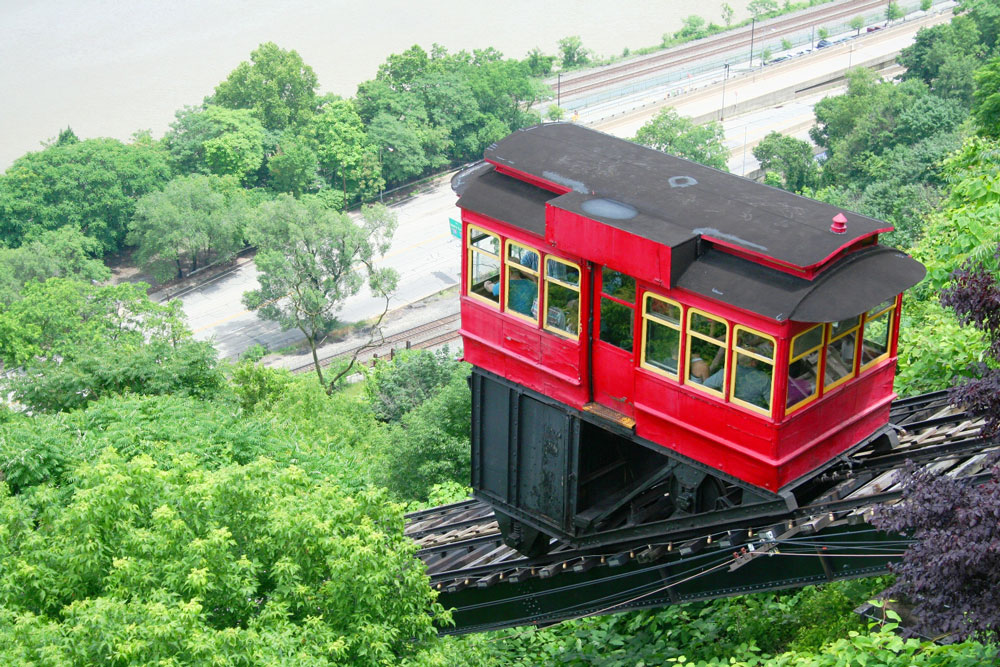 South Car |
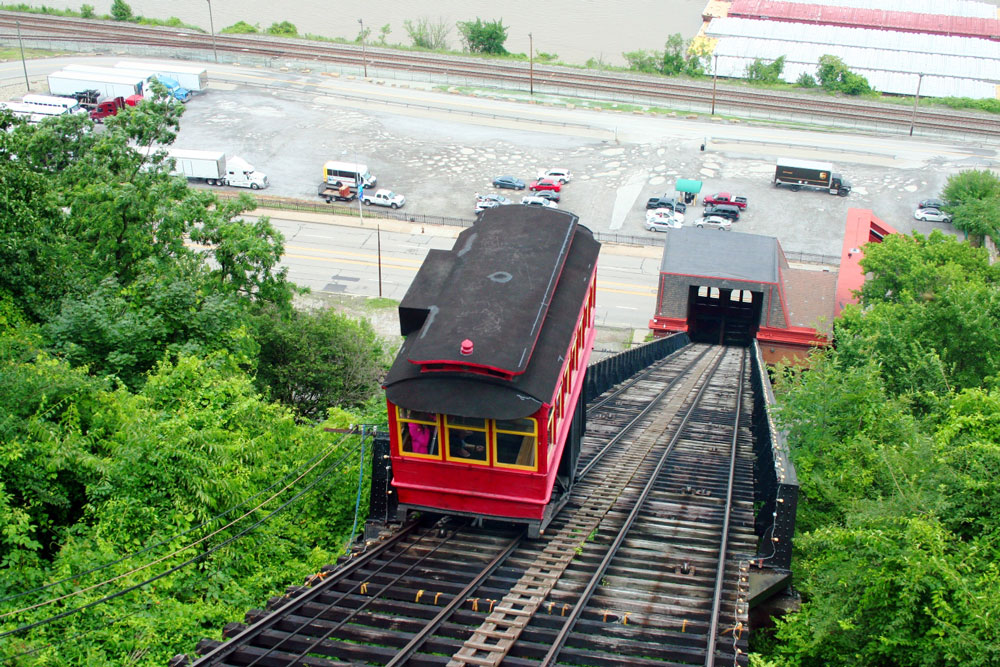 South Car |
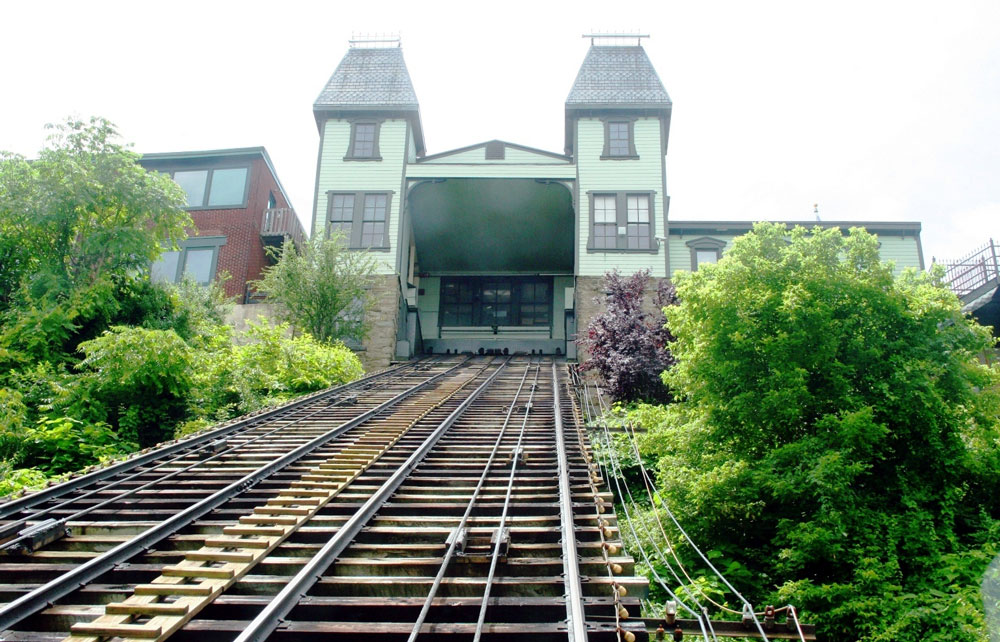 Summit Station |
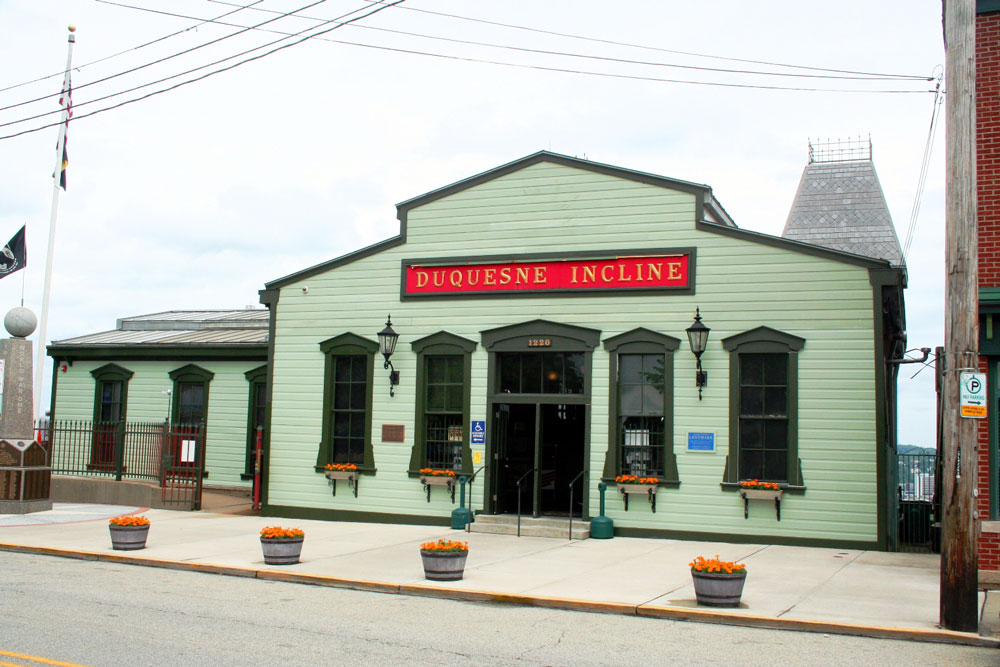 Summit Station |
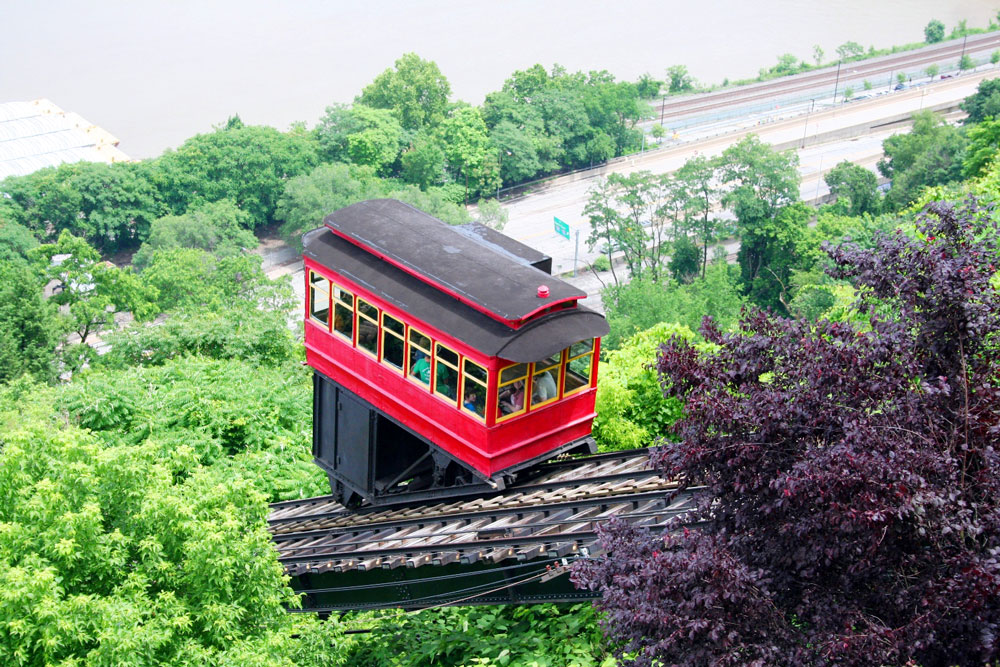 North Car |
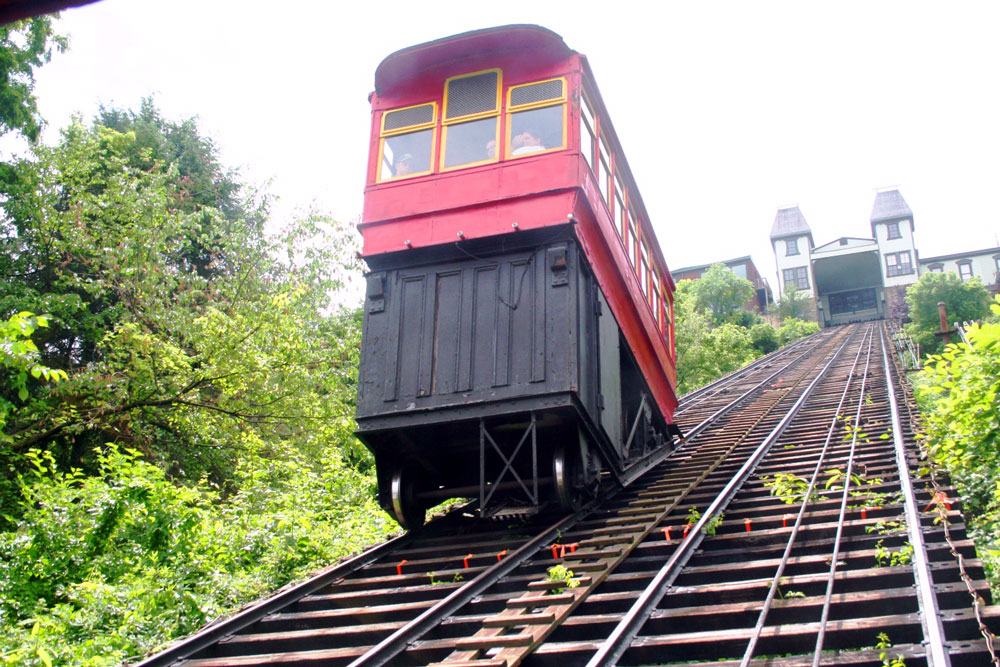 North Car |
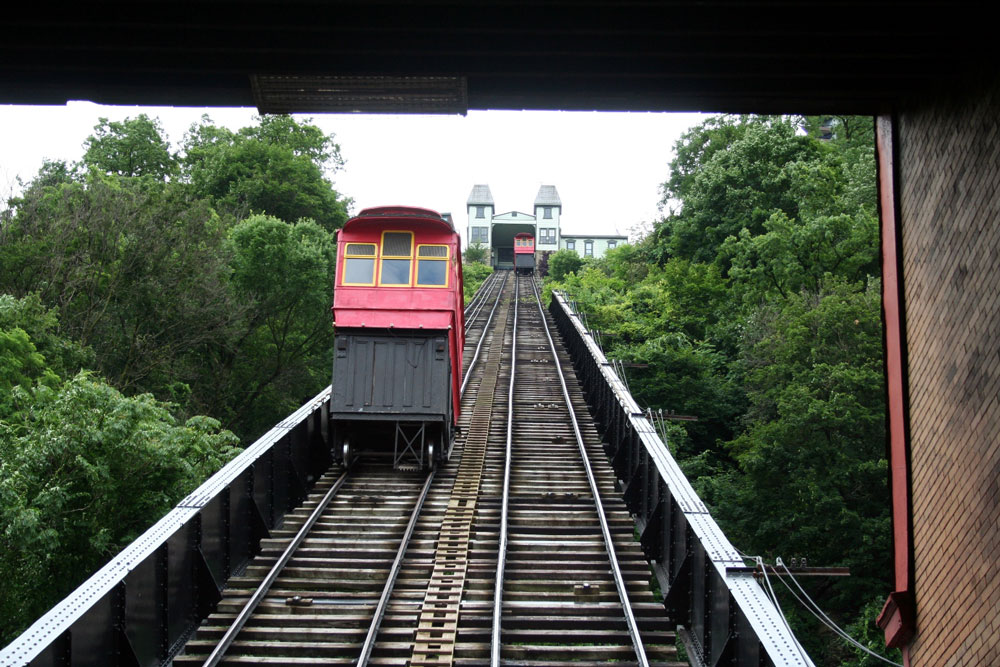 North Car |
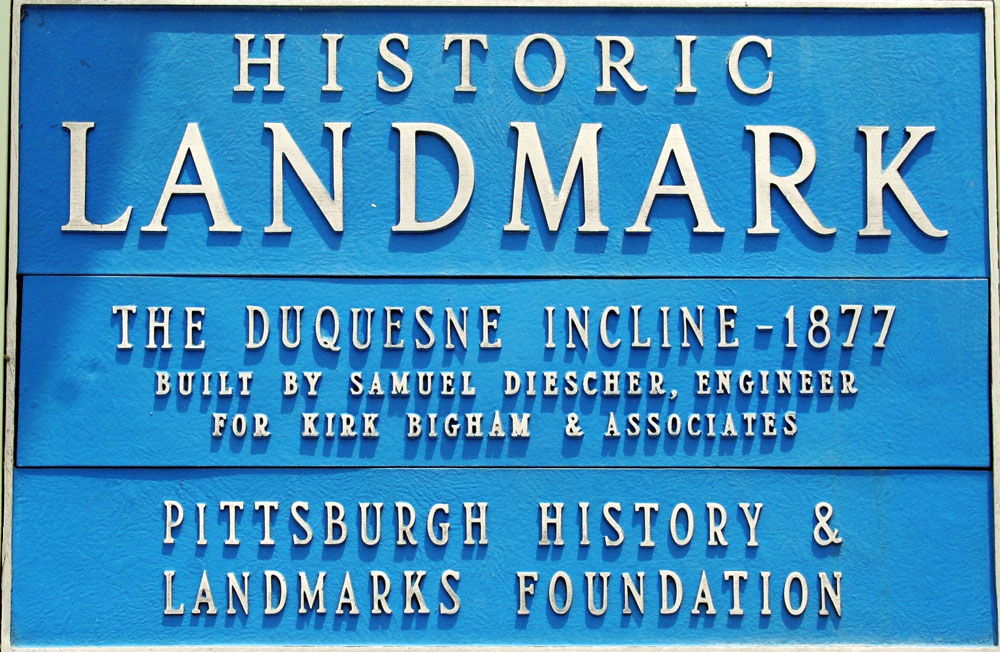 Landmark Sign |
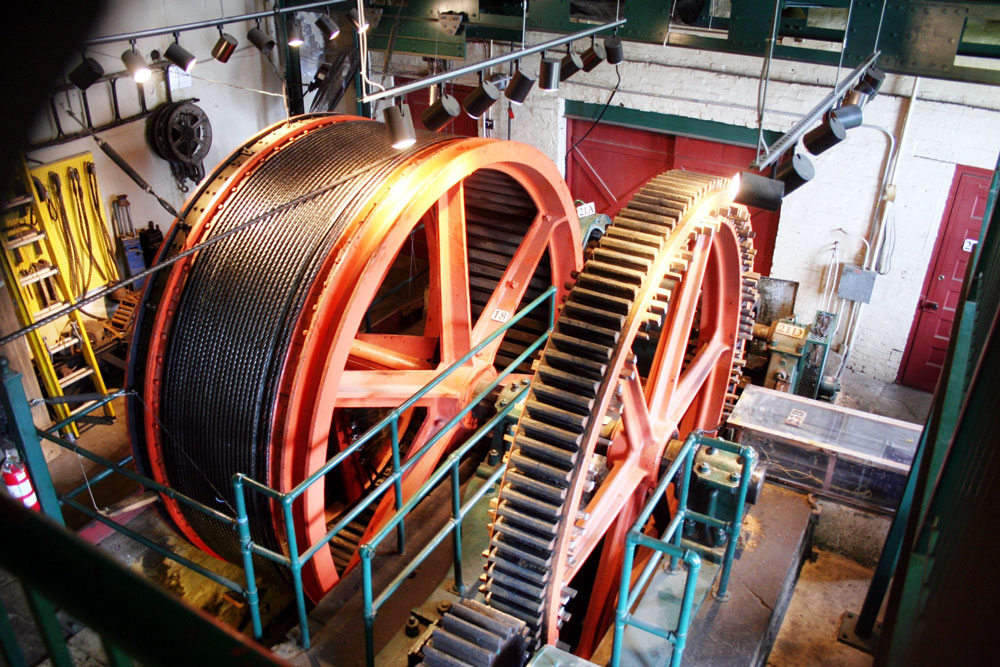 Hoisting Drum |
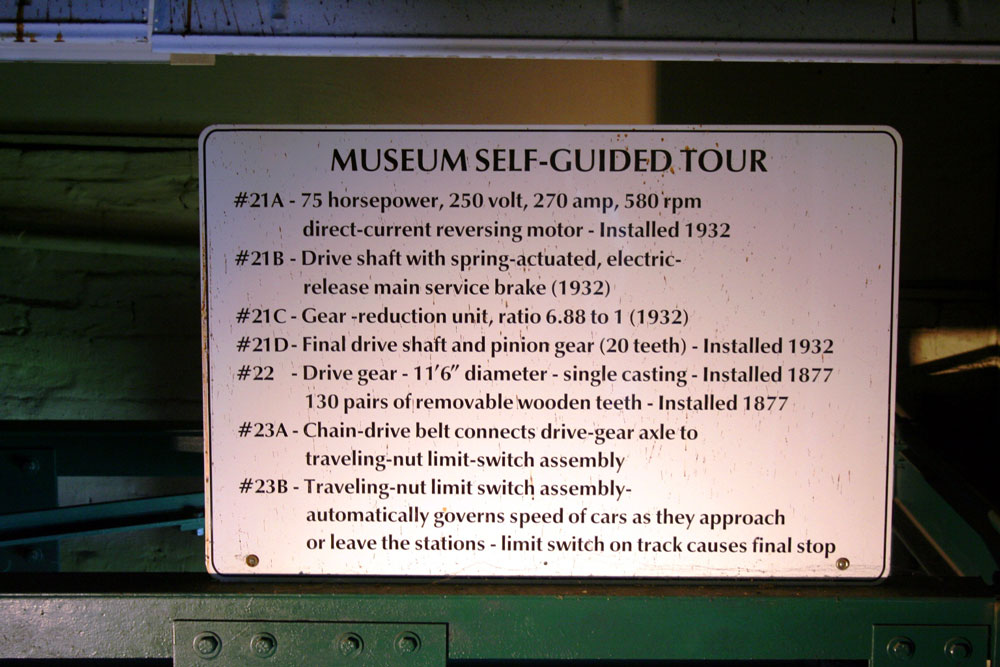 Hoisting Station information |
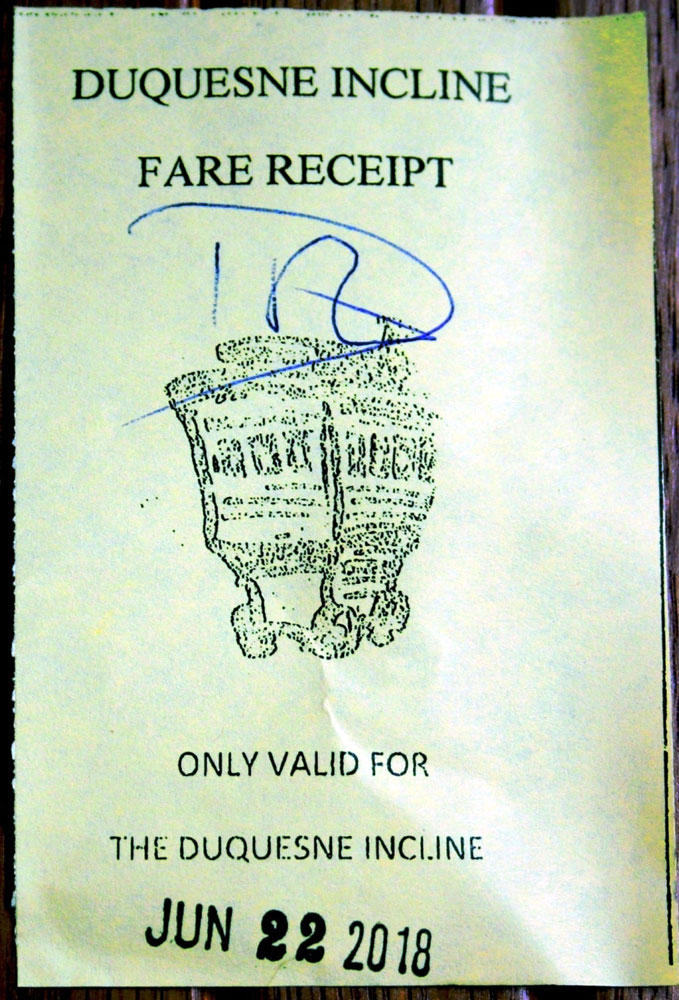 Fare Receipt |
| Return to Photos Index |
|
This page was last updated on Sunday 6th September 2020 |
|
British Trams Online is run by enthusiasts for enthusiasts. All information contained on these pages is correct to the best of knowledge but mistakes will inevitably occasionally appear and if this happens we will correct it as soon as possible. Opinions expressed on these pages are those of the writer(s) and do not necessarily reflect the opinion of British Trams Online or any organisations we are associated with. Cookies may be used on this website and if you continue reading the site without changing your settings we assume you are happy to receive these. If you have any comments, suggestions or corrections please email. |